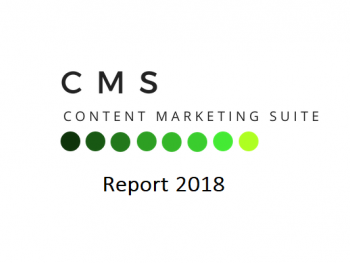How SEO has changed over the years
Every year we hear that Search Engine Optimisation is dead, or has been revolutionised. The truth is that as long as search engines exist and bring traffic to sites, the SEO will continue to exist.
The only real change is the fact that search engines have been improved in recognising the numerous tricks and tactics used by people working in this field. All the fundamental points of the SEO have remained almost unchanged: searching by words keys, performance analysis, optimisation of audio and video content, optimisation of URL structure, etc.
Regarding keywords: not much has changed, it is always a matter of understanding which words are used by users to look for something. Even PageRank is far from dead: understanding how the site's internal link structure works, can help you reach any search engine. Regarding Performance analysis, the objectives remain the same: identifying a sites performance, comparing it with past data to understand if there are improvements, identify and improve the less performing pages, eliminate any technical problems that could hinder performance: the lack of data reference to the keywords makes these objectives more difficult to achieve, but no less important. As for Content Marketing, content creation is now more attentive to the implications of some individual keywords, with the need sometimes to predict the influence that will have on future customers. In general, the tactics have evolved, but the strategic objectives remain the same. To become relevant to a particular keyword, you need to create content that is up to par. The importance of content is certainly not new: what has changed is how search engines can eliminate false signals of relevance and quality, today.
For this reason, getting visibility is no longer just a matter of placing keywords, but also creating relevant content (as it should have always been). The last piece of advice is to return to the theoretical bases of the SEO: analyse your performance, produce great content that is relevant to your audience, and pay attention to visitors queries when you offer links and content.


.jpeg)


